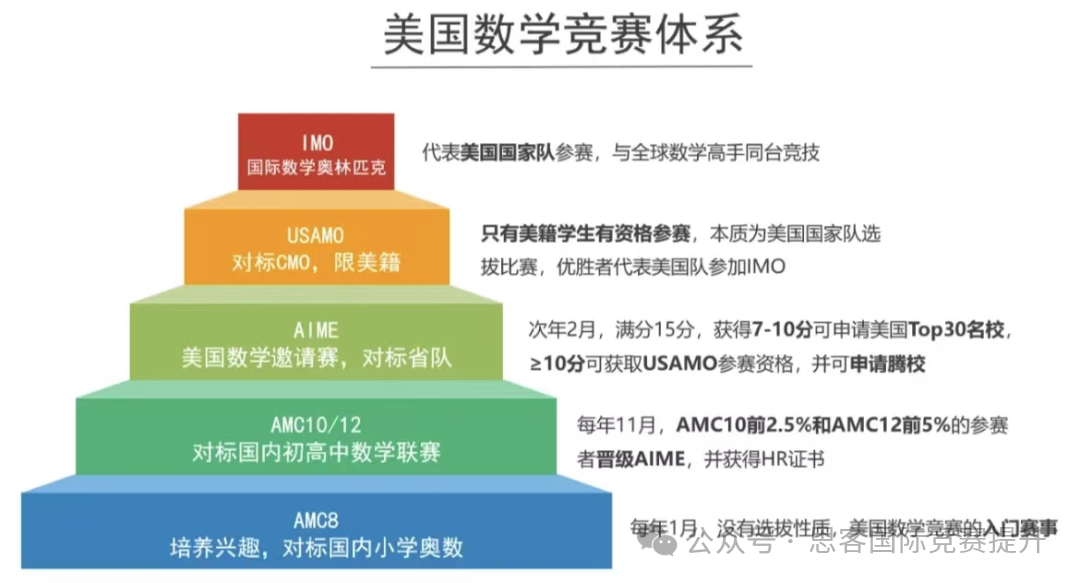Hello大家好,老师带着春季辩题来给大家拜个早年!
祝新春快乐,岁岁平安祝新春快乐,岁岁平安
经过一周激烈的投票,根据会员有效投票。辩题1共获得了54%的支持,辩题二共获获得了46%的支持。
那么,今天我们正式宣布,WSDA2024春季活动辩题为:
2024WSDA 春季活动辩题
Resolved:"Education systems in OECD member countries should prioritize vocational training over traditional academic curriculum."
辩题:经合组织成员国的教育系统应优先考虑职业培训,而不是传统的学术课程。
在此辩题下,概括了教育政策、劳动力发展和社会进步之间的关键对话。
在应对瞬息万变的复杂全球环境时,职业培训是否应优先于传统学术课程成为经合组织成员国内部讨论和行动的焦点。这一辩题促使辩手们对教育范式的有效性、相关性和公平性进行批判性审查,为个人在不断发展的经济和社会中取得成功做好准备。
当我们踏上探索和分析此辩题的征程时,我们将一起深入研究职业教育的多面性、其应对当代挑战的潜力,以及其在经合组织框架内塑造未来教育体系的意义。
辩题背景简要介绍
The resolution at hand, "Education systems in OECD member countries should prioritize vocational training over traditional academic curriculum," addresses a longstanding debate within the realm of education policy and practice.
The OECD (Organisation for Economic Co-operation and Development) comprises 38 member countries committed to promoting economic growth, prosperity, and social well-being through international cooperation and data-driven policy analysis.
Historically, education systems across OECD member countries have predominantly emphasized traditional academic curriculum, focusing on theoretical knowledge and cognitive skills acquired through classroom-based learning. This approach has been deeply ingrained in educational philosophies, reflecting a belief in the primacy of academic achievement as a pathway to success in both highereducation and the workforce.
However, amidst the rapid evolution of the global economy and technological advancements, critiques of this traditional academic model have emerged. Proponents of vocational training argue that it offers a more practical and tailored approach to skill development, aligning education more closely with the needs of the labor market and empowering individuals with employable competencies.
Vocational training, also known as technical or career-oriented education, emphasizes hands-on learning experiences and specific skill acquisition relevant to various industries and professions. It encompasses a wide range of fields, including but not limited to healthcare, information technology, construction, manufacturing, and hospitality. Advocates contend that vocational training not only equips individuals with job-ready skills but also fosters a stronger connection between education and real-world applications, thereby enhancing the overall relevance and effectiveness of learning experiences.
Moreover, vocational training has been lauded for its potential to address societal challenges such as youth unemployment, skills mismatches, and socioeconomic disparities. By offering alternative pathways to success beyond traditional academic routes, vocational education can expand opportunities for individuals who may not thrive in conventional classroom settings or pursue traditional academic trajectories.
Despite these arguments in favor of vocational training, its integration into education systems has faced various barriers and challenges. These include perceptions of stigma or inferiority associated with non-academic pathways, resource constraints, and the need for robust partnerships between educational institutions, industry stakeholders, and policymakers to ensure the relevance and quality of vocational programs.
Against this backdrop of evolving educational philosophies, economic imperatives, and social aspirations, the resolution to prioritize vocational training over traditional academic curriculum in OECD member countries emerges as a focal point for deliberation and decision-making. It prompts critical reflections on the purpose and direction of education systems in meeting the diverse needs and aspirations of learners, educators, employers, and society at large.
As we delve deeper into the nuances of this resolution, exploring its implications, challenges, and potential benefits, we embark on a journey of reimagining education to better serve the evolving demands of the 21st-century global landscape.














